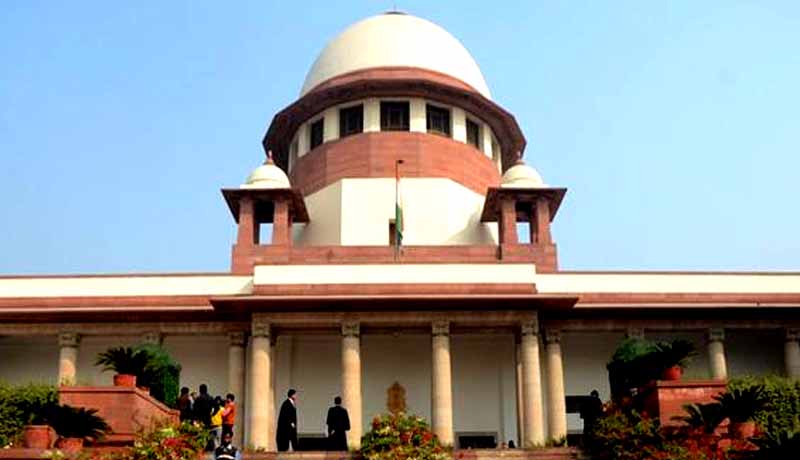Co-Operative Banks are covered under SARFAESI Act: SC [Read Judgment]

Supreme Court – foreign enterprises – Taxscan
Supreme Court – foreign enterprises – Taxscan
The constitutional bench of the Supreme Court of India held that the cooperative banks under the State legislation and Multi State co-operative banks are ‘banks’ under section 2(1)(c) of Securitisation and Reconstruction of Financial Assets and Enforcement of Security Interest (SARFAESI) Act, 2002.
The writ petitions were filed questioning vires of the notification dated January 28, 2003, issued under Section 2(1)(c)(v) of the SARFAESI Act and the insertion of Section 2(1)(c)(iva) to the SARFAESI Act in 2013.
The issue raised in the petition was whether the definition of 'banking company' contained in Section 5(c) of the Banking Regulation Act, 1949 covers co-operative banks registered under the State law and also Multi State cooperative societies under the Multi State Co-operative Societies Act, 2002.
Further, the competence of the Parliament to amend Section 2(c) of the SARFAESI Act by adding sub-clause '(iva) a multiState co-operative bank' was also questioned.
The petitioner contended that the Parliament lacks legislative competence to regulate financial assets related to the non-banking activity of a co-operative society as they are expressly excluded from the purview of Entry 43 of List I of the Constitution. The regulation cannot be based upon an interpretation of only Entry 45 without any regard to Entry 43. The legislative action would be inconsistent with the limitation inherent in the federal scheme of distribution of legislative powers between the Union and the State.
The constitutional bench consisting of Justices Arun Mishra, Indira Banerjee, Vineet Saran, M.R. Shah, and Aniruddha Bose upheld the notification dated January 28, 2003, issued under Section 2(1)(c)(v) of the SARFAESI Act and stated, “the co-operative banks involved in the activities related to banking are covered within the meaning of 'Banking Company' defined under Section 5(c) read with Section 56(a) of the Banking Regulation Act, 1949, which is legislation relatable to Entry 45 of List I. It governs the aspect of 'banking' of cooperative banks run by the cooperative societies. The cooperative banks cannot carry on any activity without compliance of the provisions of the Banking Regulation Act, 1949 and any other legislation applicable to such banks relatable to 'Banking' in Entry 45 of List I and the RBI Act relatable to Entry 38 of List I of the Seventh Schedule of the Constitution of India.”
To Read the full text of the Judgment CLICK HERE

